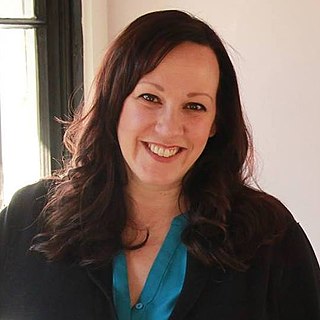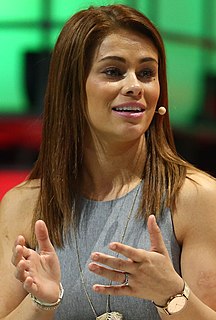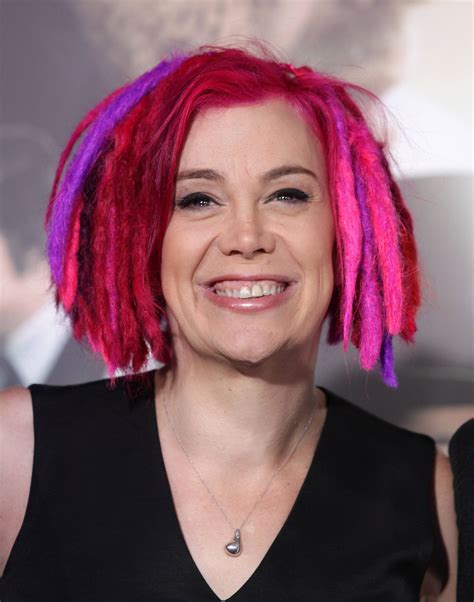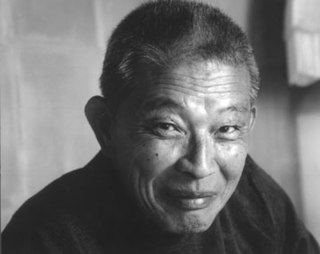A Quote by Maz Jobrani
Stereotypes exist because there's always some truth to stereotypes. Not always, but often.
Related Quotes
The problem with labels is that they lead to stereotypes and stereotypes lead to generalizations and generalizations lead to assumptions and assumptions lead back to stereotypes. It’s a vicious cycle, and after you go around and around a bunch of times you end up believing that all vegans only eat cabbage and all gay people love musicals.
I definitely want to be an inspiration or a role model for all the little girls out there or anyone out there that wants to break stereotypes. I feel like I'm breaking stereotypes with what I'm doing. I'm not the typical fighter, and there's a lot of people out there that won't do something just because they don't fit the stereotype.
































